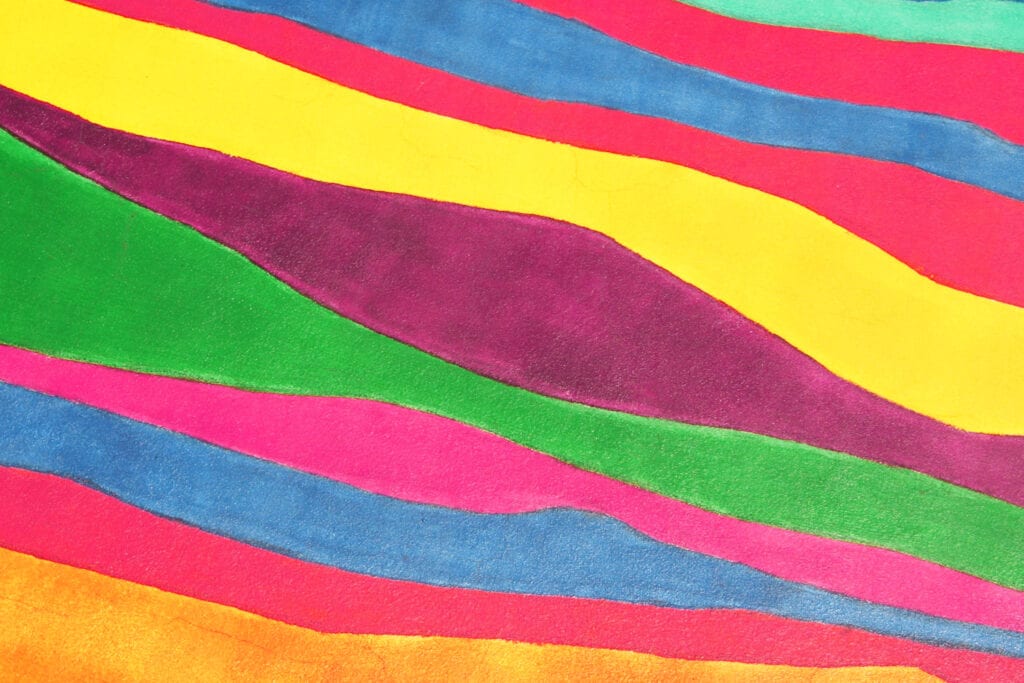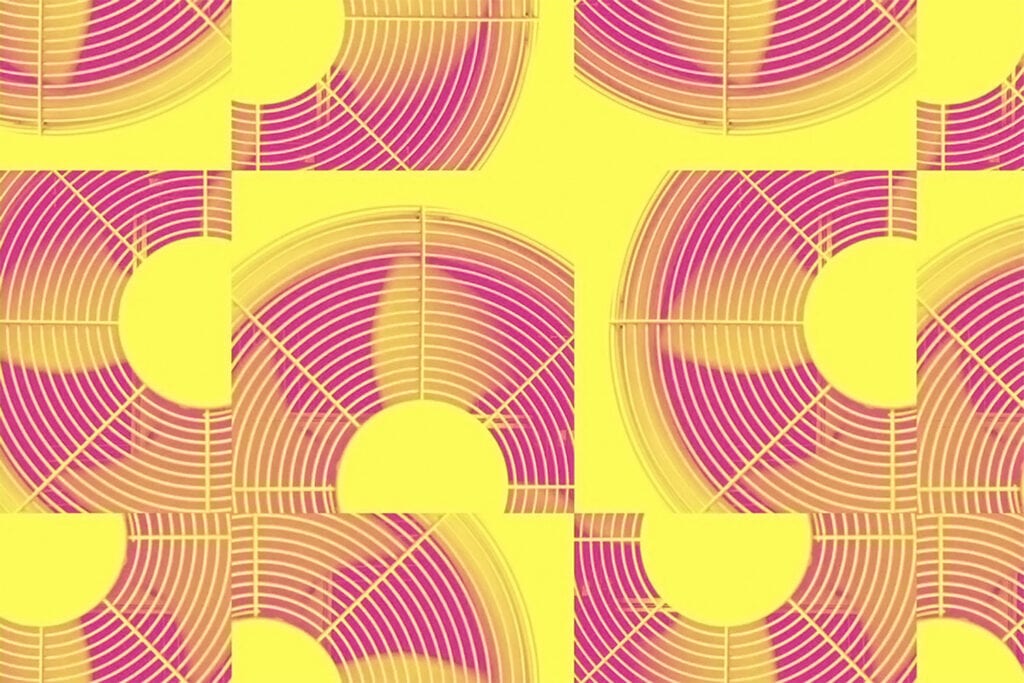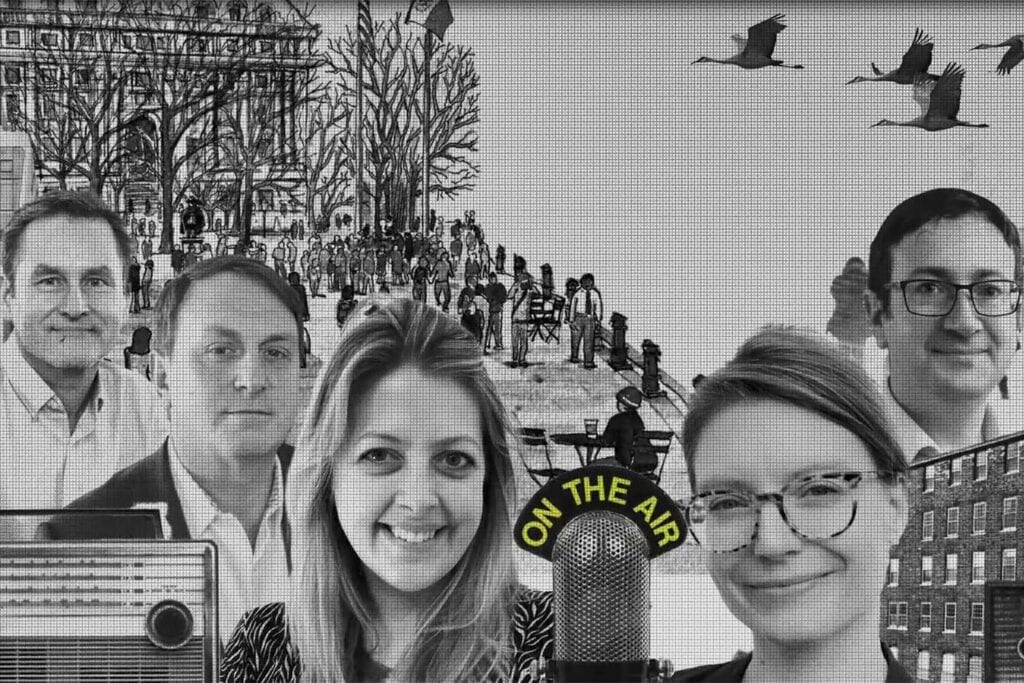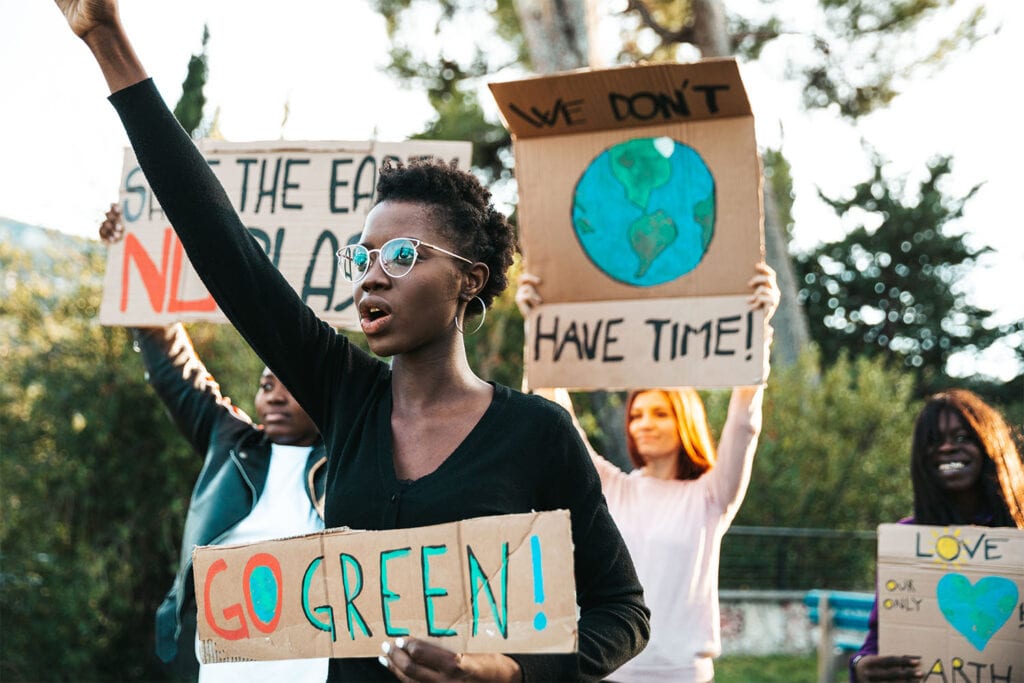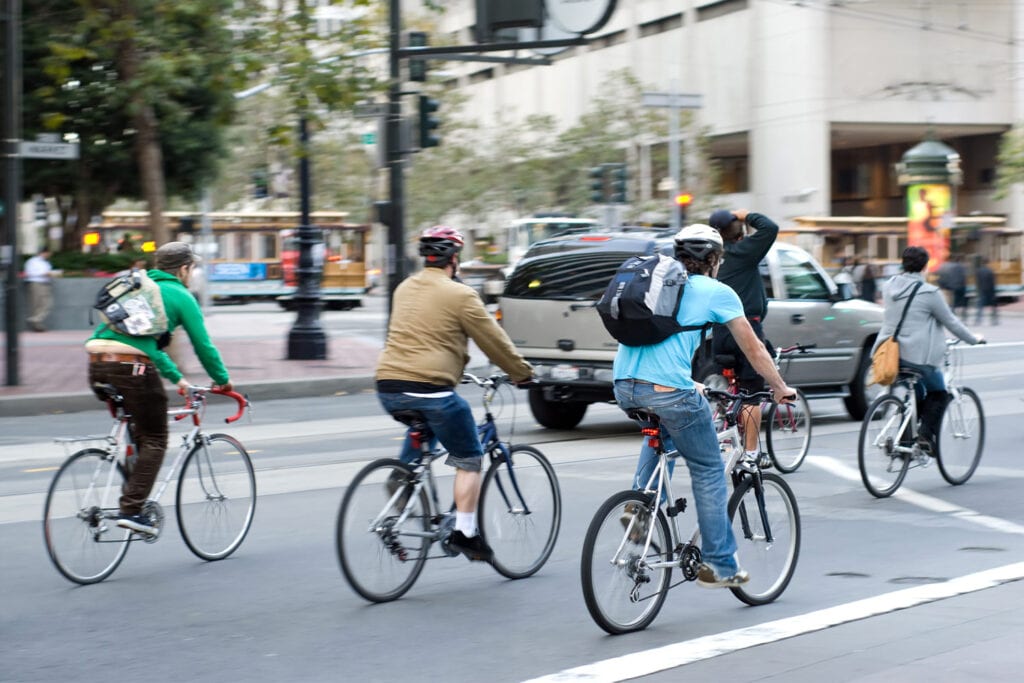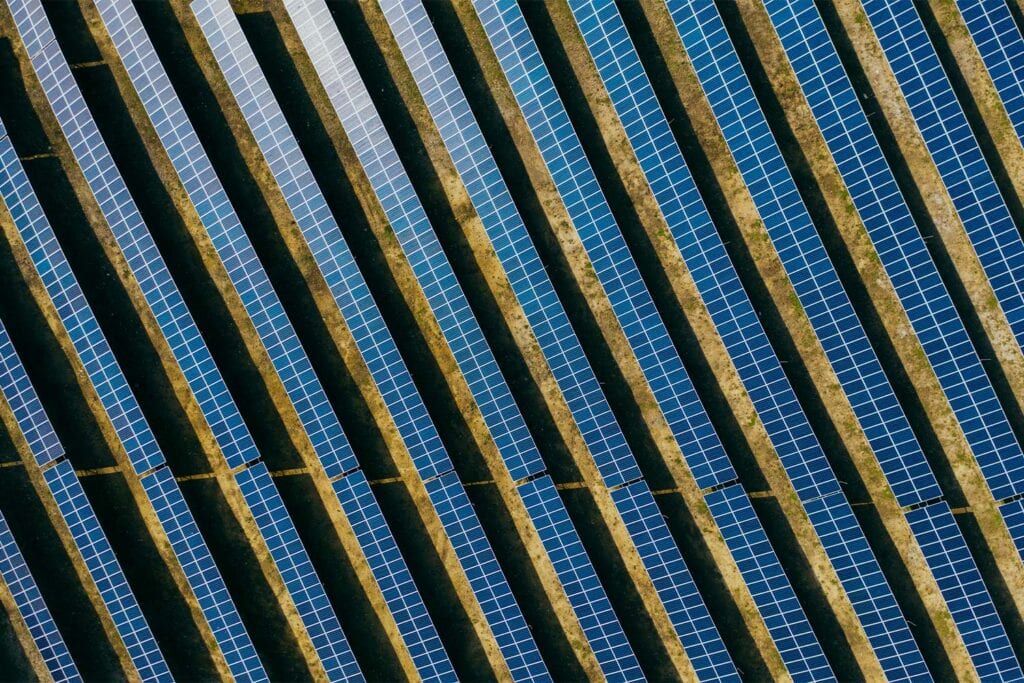
Tackling the climate and biodiversity crisis is of vital importance to Buro Happold. We are leading sustainability initiatives ranging from net zero carbon, climate resilience and passive design, through to social value and the circular economy.
Interviewer and podcast host Victoria Bentley speaks to new Partners Christine Lowry, Kaval Patel, Simon Pilkington and Dr Sebastian Seelig about sustainability within the built environment. They discuss how Buro Happold puts sustainability solutions at the heart of every project.
The pace of change is accelerating. Prioritising a green recovery that is sustainable and equitable requires sacrifices to our work and home comforts, but offers huge benefits to our buildings and cities. Government policy is important but so is a change of individual habits. But, which matters more?
Listen to the full episode and read the abridged transcript of their conversation.
“The word “sustainability” should be banned from technical and political discourse. It has become so corrupted as to not only be meaningless, but to actually obscure the real issues that must be dealt with.” Would you agree with this quote from The Guardian?
Christine: I don’t think the word sustainability is meaningless at all. The problem is that it’s such a broad term, it has become very generic. For me, sustainability is anything where we’ve considered the long-term outcome of an action. I don’t think sustainability lacks meaning, but I do think it’s helpful to discuss specific issues such as economic sustainability, social sustainability, energy and carbon. These are specific topics that all get put under one banner.
Sebastian: I would agree, Christine. I think sustainability is a very important term because it’s one of the few terms that combines social, economic and ecological aspects. It’s a very holistic concept if you apply it to a project. However, you could argue that it has been “over-talked”.
Simon: Using the word sustainability has changed over the years. 10 to 15 years ago, it was a key word, but I think you can sometimes replace the word sustainable with words like efficiency and integrated. I don’t think the word has become meaningless, but it has evolved, and will continue to evolve as we go forward.
Do you think your clients understand what sustainability means? Do they demand higher standards to meet their own sustainability goals?
Christine: They do demand more, but what’s interesting is you have to dig down to understand what clients think sustainability really is. Every client comes with a different idea of what sustainability means to them and what they’re actually after.
Sebastian: I think for a lot of clients, sustainability means ecological matters, and of course, carbon usage. But once you start talking about the social aspects of sustainability, for example, affordability, economic impacts, and the economic viability of certain technologies, I don’t think some clients are thinking along these lines yet.
Simon: I think things have changed. We’re no longer in that mode of having a “special” sustainability person on a project, it’s much more of a two-way engagement. We get challenged as much as we challenge our clients, and often in different areas. It’s an interesting place to go, as once you start going into the details, the idea of sustainability suddenly explodes into all sorts of places.
Kaval: It’s a different world now. 10 or 15 years ago, we would get clients pushing us to be more sustainable, but now it’s a two-way street. The social aspects of sustainability are going to become more important. However, this will be quite challenging, as it’s hard to define the value of improving both the structural aspects of certain developments and people’s lives.

Let’s talk about the green recovery. Are we going to achieve it, or are you worried that we’re all going to go back to the same old bad habits?
Simon: The UK government’s latest announcement is that they’re going for higher targets in terms of reducing carbon. They’re not just looking at energy and buildings, they’re also looking at dairy and beef. I don’t think I’ve ever seen any kind of government initiative which shows thinking this broad in scope. At Buro Happold, we’re looking at it very seriously; how much do we really want to change? In some ways, it’s easy to stick a few Photovoltaics (PV) panels on a building roof, but it’s far harder to change personal behaviour, and perhaps decide not to have steak tonight. For me, anyway.
Christine: It’s interesting that the International Energy Agency (IEA) is reporting a major surge in carbon emissions this year. Is everybody going to let loose, start dancing in the streets and doing all the things they haven’t been able to do for a year? Probably.
But do I think Buro Happold will follow that path? No, I don’t think we will. I think we’ll manage to keep some of the new good behaviours and practices, particularly in reducing unnecessary travel. Some of it will come back again, but we’ve proven that we’re able to work in a different way. We’ve a new accepted norm now. It’ll be nice to have some of the old world back where we need it, but let’s not lose the good that we’ve achieved.
As a business, we’re investing heavily in upskilling, making sure our output is also following the green recovery path. Sustainability is no longer a specialist field. It’s part of everybody’s job to take care of what they’re doing. Every “business as usual” project we deliver actually makes far more of a difference than one unique and expensive sustainability scheme with all the bells and whistles.
Kaval: It’s not just engineers; we all need to be more responsible in terms of our emissions. I like your example of the steak, Simon. We’ll all have to learn to eat less meat. What’s encouraging is that more and more people are willing to change for the better.
What’s more important, personal behaviour, or good sustainable policies? Big projects or small projects? What make the biggest impact?
Christine: Our “business as usual” projects where we’re making a small difference, that’s where we’ll have the biggest impact in terms of our sustainability goals. Our reach through the construction industry is huge. The discipline of thinking about embodied carbon as well as operational carbon; the savings that we have to offer the industry through targeted thinking in the decision-making process will make a big difference.
Simon: It’s not all just about carbon either. There’s the ecological impacts of water. It’s an important issue in some of our markets, particularly in the Middle East. Water has an equivalent carbon emission through desalination. When you start to put all this stuff together, there’re huge impacts that can be made through very small changes. Our clients are listening, that’s the great thing. We’ve shifted massively in 10 to 15 years. It’s not far enough, but we’re travelling on the right trajectory.
You all have a lot of experience as engineers. What type of small sustainability changes do you make every day now, that you didn’t make 10 years ago?
Christine: Some of the changes I make aren’t even from 10 years ago, if I’m honest. I’m making different decisions now than just one year ago. I think the sustainability movement is speeding up and all our knowledge on the subject is expanding rapidly. One particular issue in the last year has been the embodied carbon discussion. Is it worth investing in a lot of PV cells with concrete feet to weigh them down, that in their lifetime, may never generate as much electricity to offset the carbon that was used in their construction? Questions like this weren’t part of the conversation last year! We should have been talking about it, but we weren’t.
There’s been another big change. We work with a lot of developers, and they’re heavily influenced by investors. These developers are looking to invest in projects that are more sustainable, because the people investing in them want to see their money spent more wisely. That’s making our job easier.
Kaval: I agree about embodied carbon coming to the forefront of discussions. We’re getting much better at articulating the different engineering options and savings to clients. We also think much more about the circular economy, and the reuse and recycling of buildings, which is fantastic. We’re a throwaway society, and that’s got to change. We need to reuse and repurpose more than we’ve ever done.
Sebastian: In Germany, and in many parts of the world, the sustainability discussion is now mainstream. We work a lot with developers who have set new targets and benchmarks and are pushing us to have quite a radical approach. One example is car-free districts. It’s something we never thought about before, but now we’ve 10 car-free projects running in Germany. It’s great; the speed of transformation is just astonishing.
Do you think the move towards car-free districts and cities has been accelerated by the pandemic, as more people work from home?
Sebastian: I think the pandemic has highlighted mobility and digitalisation trends that were already being observed before. I think we’ll talk much more about cycling and pedestrian infrastructure, as well as electric vehicles, in the next few years.
Is the next sustainability step going to be uncomfortable for both businesses and us as individuals? Is radical change the only answer?
Simon: The pace of change is always uncomfortable, isn’t it? The end result won’t be, but the pace of change might be. What’s key is to recognise these challenges and embrace them. We have to be agile and look for opportunities to move forward. I’ve no doubt that within 10 to 15 years time, we’ll look back at some of our work and say, what were we thinking? Why didn’t we do more?
Christine: When it comes to the question of comfort, what springs to my mind was an interview I heard on the radio, with a woman who said, “It’s my right to buy coffee in a takeaway cup, and I should not be made to feel guilty for doing so.” It did strike me that personal comfort is something that’s actually quite hard to tackle.
As a society, we’re very unwilling to make ourselves uncomfortable, we want to have a foreign holiday when we want. We’re used to a certain standard of living, and we’re not actually prepared as a society to go that extra mile. Everybody could live a lot more leanly than they do, and if everybody did a little bit, that would make a big difference.
Kaval: I think that’s a generational thing. The older generation are perhaps more resistant to change than the younger generations. The young have a consciousness about the environment that perhaps our generation didn’t have in the past. We weren’t taught and brought up in that way, whereas they’re being taught from a very young age about responsibility for the environment.
Sebastian: I agree Kaval. My son is nine, and he’s vegan. That was his own decision, we didn’t need to persuade him. And he’s not the only one. There’s a huge difference in the way young children think about the world today, and I think that that’ll make a big difference. This is perhaps a very European perspective. The awareness of climate change is very different in other geographies and other political systems, of course.
How do you persuade a client not to use the cheapest “thing”, but to use the more sustainable “thing”?
Christine: I think that’s where Buro Happold has some great examples; where there’s both a reduction in that bottom line and the carbon saving that you’re looking for. I’m working on a facility that’ll store material for reference. There’s not a set number of years on how long we want to store it for; the answer is forever. We’ve taken all of the heating and ventilation systems out of the building and made it completely passive.
There’s a lot of work that’s gone into demonstrating that this method provides the right environment, but it works. We’re not putting any systems in, we’re saving from the bottom line, and we’re getting the carbon savings we’re looking for.
Kaval: We’ve got to give our clients solutions that they want and that work with their individual budgets, because not everybody’s the same. What we pay for in the UK or Germany is very different to a developing country. Sustainable solutions have to be affordable in whichever geography that we’re working in.
Moving from employee to Partner is a big shift. How do you see your work changing, and are you excited about the change?
Sebastian: I’m absolutely delighted to become a Partner. I think the work itself will probably not change much. I hope that I’ll still win work, and work on projects with clients, doing everything that’s so fantastic and exciting about our job. However as Partner, of course, you have much more responsibility within the Practice to influence and change the course that we’re taking. As a Partner, you’re also a role model to the outside world, so being mindful of that will probably be the biggest change.
Simon: The one thing for me is keeping an eye out for new aspects of work, new work streams, new technology or areas of growth. There’s all sorts of stuff happening in our respective disciplines, but sometimes those things start to coalesce and collide, and that’s really exciting. I’m excited about having really good conversations with a great bunch of people about new service offerings we can provide to our clients.
Christine: I’ve been at Buro Happold for 20 years; I like to call myself a “lifer”. I joined as a graduate and I’ve never managed to escape! I agree with everyone’s sentiments expressed here, but I think for me, I feel that it’s absolutely my duty as a role model to become an ambassador for who I represent within the business. There aren’t that many women or female Partners within the business, but our numbers are growing. A number of my colleagues made the Partnership grade this year, more than doubling the number of female Partners.
I was having a conversation with someone who told me, “You had better make sure you bring yourself to the role”. I really liked that, so that’s what I’m going to try and do. I’m not going to be the “professional Partner” I envisage a Partner should be, I’ll just be myself.
Kaval: It’s an incredible opportunity. We’ve got a huge talent pool within the business, with lots of people that can solve lots of challenges. We “connect the dots” for clients to get them the solutions that they need. I’m really interested in making a difference, driving through our strategies that align with our clients’ strategies. I’m excited about creating genuine sustainability solutions for our clients that make a big difference.
